5 Tips to Choose the Right AC Units
Choosing the right air conditioning system is one of the most important decisions you can make for your home’s comfort and energy efficiency. With so many models, sizes, and technologies on the market, narrowing down the best choice for your space and lifestyle can feel overwhelming. The right system not only cools effectively but also helps reduce energy bills and maintain indoor air quality. Whether you're replacing an outdated unit or outfitting a new home, selecting wisely can make all the difference in long-term performance and satisfaction.
To help you navigate the selection process, here are five essential tips to ensure you choose the right AC units for your home.
1. Evaluate the Size and Cooling Capacity You Need
One of the most common mistakes homeowners make when shopping for AC units is selecting the wrong size. Bigger isn’t always better—an oversized unit will cool the space too quickly without properly dehumidifying the air, leading to a cold but clammy environment. On the other hand, an undersized unit will struggle to maintain a comfortable temperature, especially during peak heat hours.
Cooling capacity is measured in BTUs (British Thermal Units), and the number you need depends on your home’s square footage, insulation, ceiling height, and even the number of windows and occupants. As a general guideline, you’ll need about 20 BTUs per square foot, according to Bob Vila, but that’s just a starting point. A professional HVAC contractor can perform a load calculation (often using Manual J calculations) to determine the precise size needed for your specific space.
An improperly sized AC unit can also lead to higher energy bills and unnecessary strain on the system, increasing the risk of breakdowns and shortening its lifespan. Over time, this can result in frequent maintenance or even the need for premature replacement. Taking the time to get the sizing right from the beginning helps ensure better performance, improved comfort, and long-term cost savings.
In short, don’t guess. Rely on an accurate evaluation of your home’s requirements to find an AC unit that keeps you comfortable without wasting energy.
2. Consider Energy Efficiency Ratings
AC units consume a significant amount of electricity, especially during the hotter months when they’re working overtime to keep your home cool. Because of this, energy efficiency should be a top priority when selecting the right system. One of the most important factors to consider is the SEER (Seasonal Energy Efficiency Ratio) rating—an industry-standard measure of cooling efficiency. The higher the SEER rating, the more efficiently the unit performs, which can translate into lower monthly utility bills and reduced overall energy consumption.
In addition to SEER ratings, look for models that include inverter technology. Unlike traditional AC units that operate on a stop-start cycle, inverter-equipped systems can vary the compressor’s speed based on current cooling demands. This allows the unit to maintain a more consistent indoor temperature and avoid the energy spikes associated with frequent powering on and off. Not only does this save energy, but it also extends the lifespan of the system and minimizes wear and tear.
While energy-efficient AC units may have a higher initial cost, they often make up for it over time through significant energy savings. In some cases, homeowners can save hundreds or even thousands of dollars across the unit's operational life. Many energy-efficient models also offer quieter performance, improved humidity control, and reduced environmental impact, making them a smart investment for both your wallet and the planet.
3. Assess the Installation Requirements and Home Compatibility
Not all AC units are suitable for every type of home. You’ll need to take into account the layout of your house, whether ductwork is already in place, and how much space you have for both indoor and outdoor components.
For homes without existing ductwork, ductless mini-split systems are a smart and flexible option. These systems are easier to install, require less invasive work, and offer zoning options that allow for customized comfort in different areas of your home. If your home already has ducts, central AC systems might offer better value and performance for whole-house cooling.
Additionally, consider the climate where you live. Heat pump AC units, which provide both cooling and heating, can be a great fit for moderate climates and can reduce the need for separate HVAC systems. The bottom line: your home’s structure and your region’s weather patterns both play a major role in determining the best fit.
4. Understand the Long-Term Maintenance and Repair Costs
While the initial purchase and installation costs are important, you shouldn’t overlook the long-term maintenance and potential repair needs of your system. Some AC units may seem affordable at first but require frequent upkeep, which can add up over time.
According to Workyard, U.S. consumers spend over $10 billion annually on HVAC repairs and maintenance. That’s a clear indicator of how important it is to consider long-term reliability when choosing your unit. Look for brands with strong reputations and readily available parts. Warranty coverage is also a major factor—aim for systems with at least a 10-year warranty on key components like the compressor.
Regular maintenance, such as filter changes, coil cleaning, and annual inspections, will extend the life of your unit and keep it running efficiently. Some systems even offer smart diagnostics or app connectivity that can alert you to maintenance needs before they become bigger problems.
It’s also wise to factor in the availability of local service providers. A great system won’t help much if you can’t find a qualified technician in your area to install or maintain it.
5. Factor in Smart Features and Noise Levels
Modern AC units come with a host of smart features designed to enhance convenience and control. Wi-Fi-enabled thermostats, mobile app control, voice assistant compatibility, and programmable settings allow you to manage your home’s climate remotely and more efficiently. These features can not only boost comfort but also contribute to energy savings by adjusting settings when you’re not home.
Noise level is another important, yet often overlooked, aspect of AC selection. Some older or lower-end units can be surprisingly loud, which might be disruptive—especially in bedrooms or office spaces. If quiet operation is a priority, check the unit’s decibel (dB) rating.
Even if smart features or ultra-quiet performance aren’t must-haves today, they could be desirable later. Choosing an AC unit that’s future-ready can help your system stay functional and user-friendly for years to come.
Choosing the right AC units is about more than just staying cool—it’s a decision that affects your comfort, energy bills, indoor air quality, and even your home’s value. With countless models on the market, it pays to do your research and consider your unique needs carefully. From determining the correct size and checking energy efficiency ratings to understanding maintenance needs and exploring smart features, each factor plays a crucial role in ensuring you make a wise investment.
By keeping these five tips in mind, you can confidently select AC units that not only meet your current requirements but also serve you well in the long run. And remember, partnering with a qualified HVAC professional can help simplify the process and ensure your system is installed and maintained correctly.
Ready to upgrade your home's comfort with the perfect cooling system? Contact PDQ Mechanical LLC today for expert guidance and professional installation of AC units tailored to your needs.

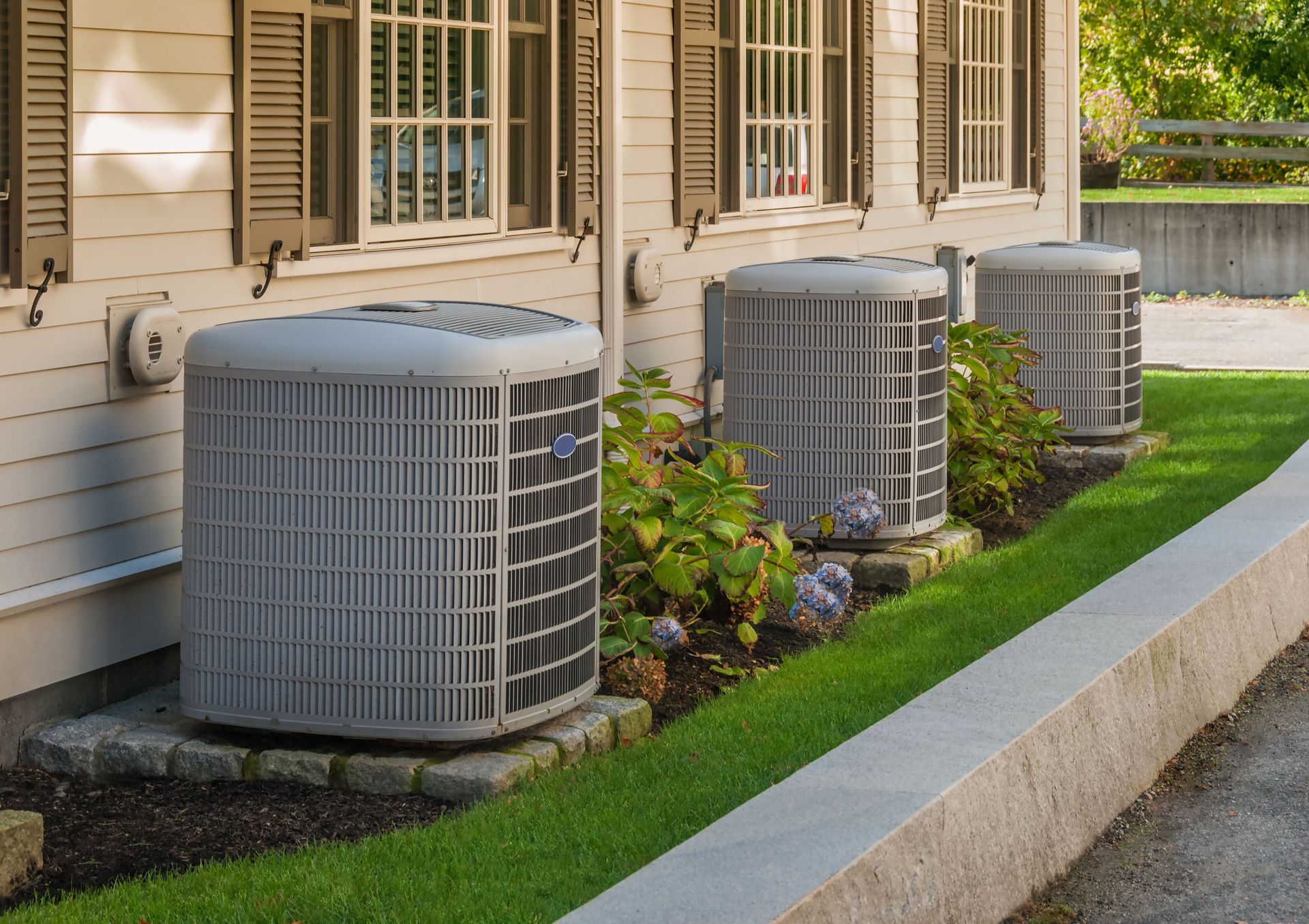
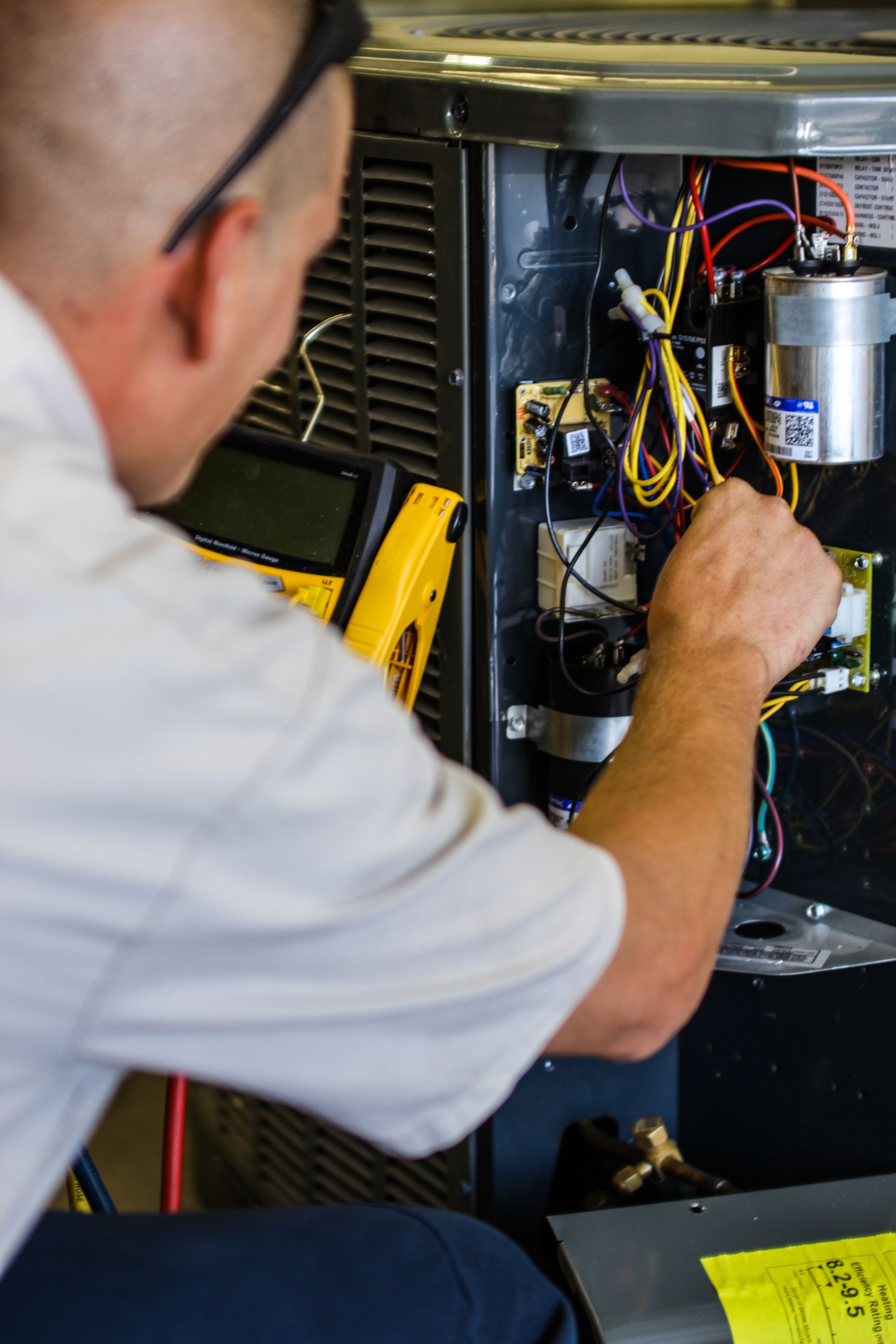
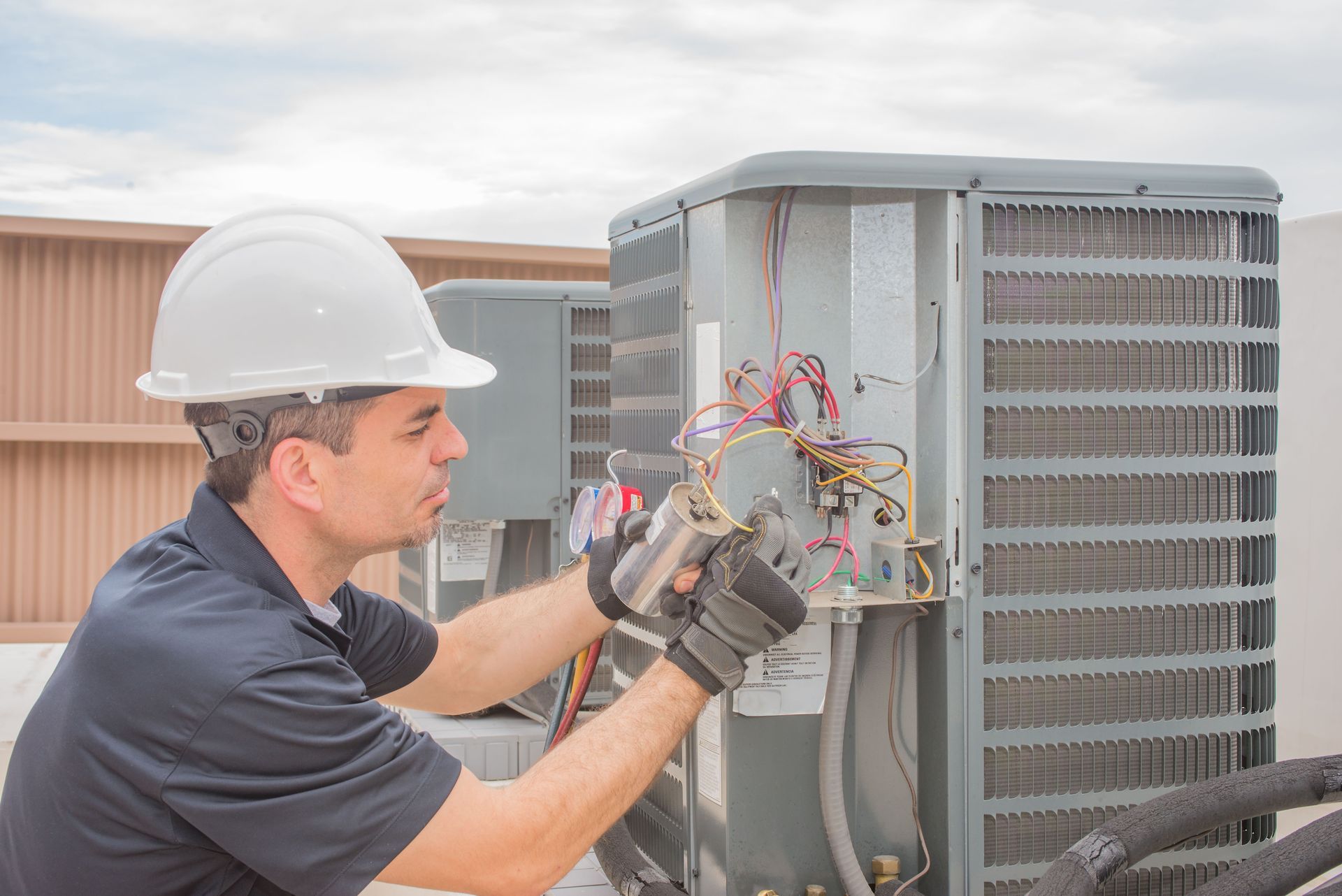
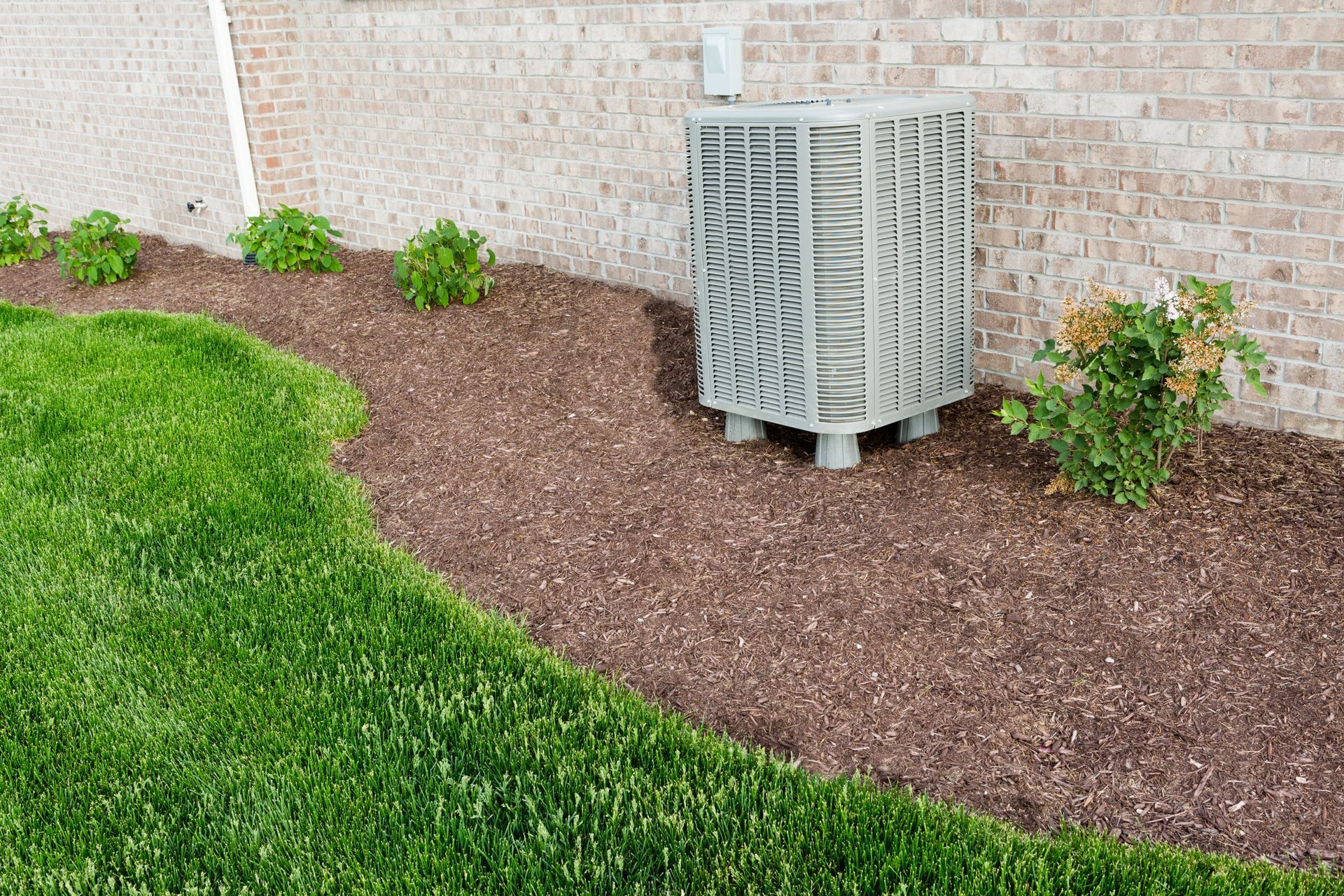
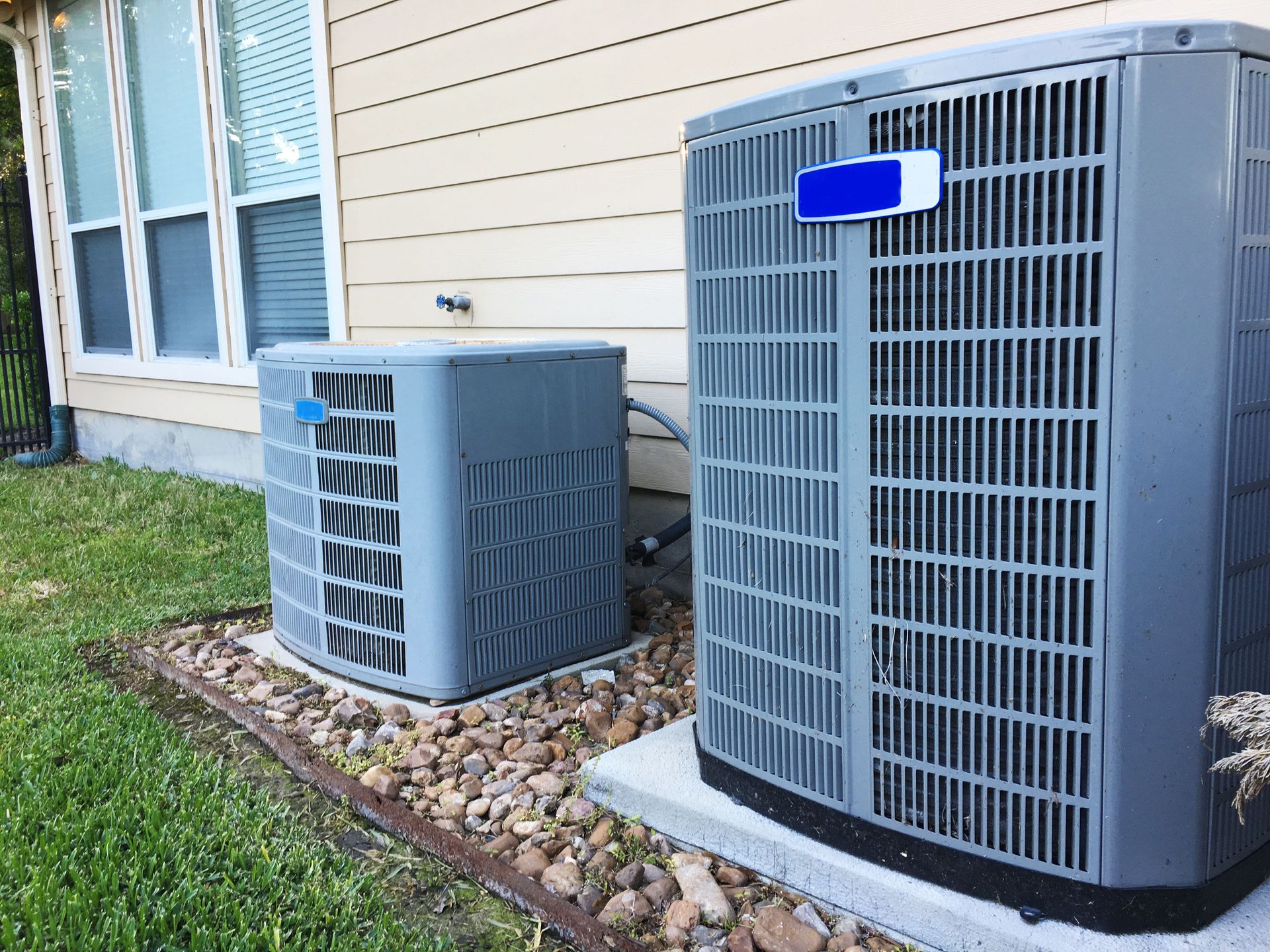
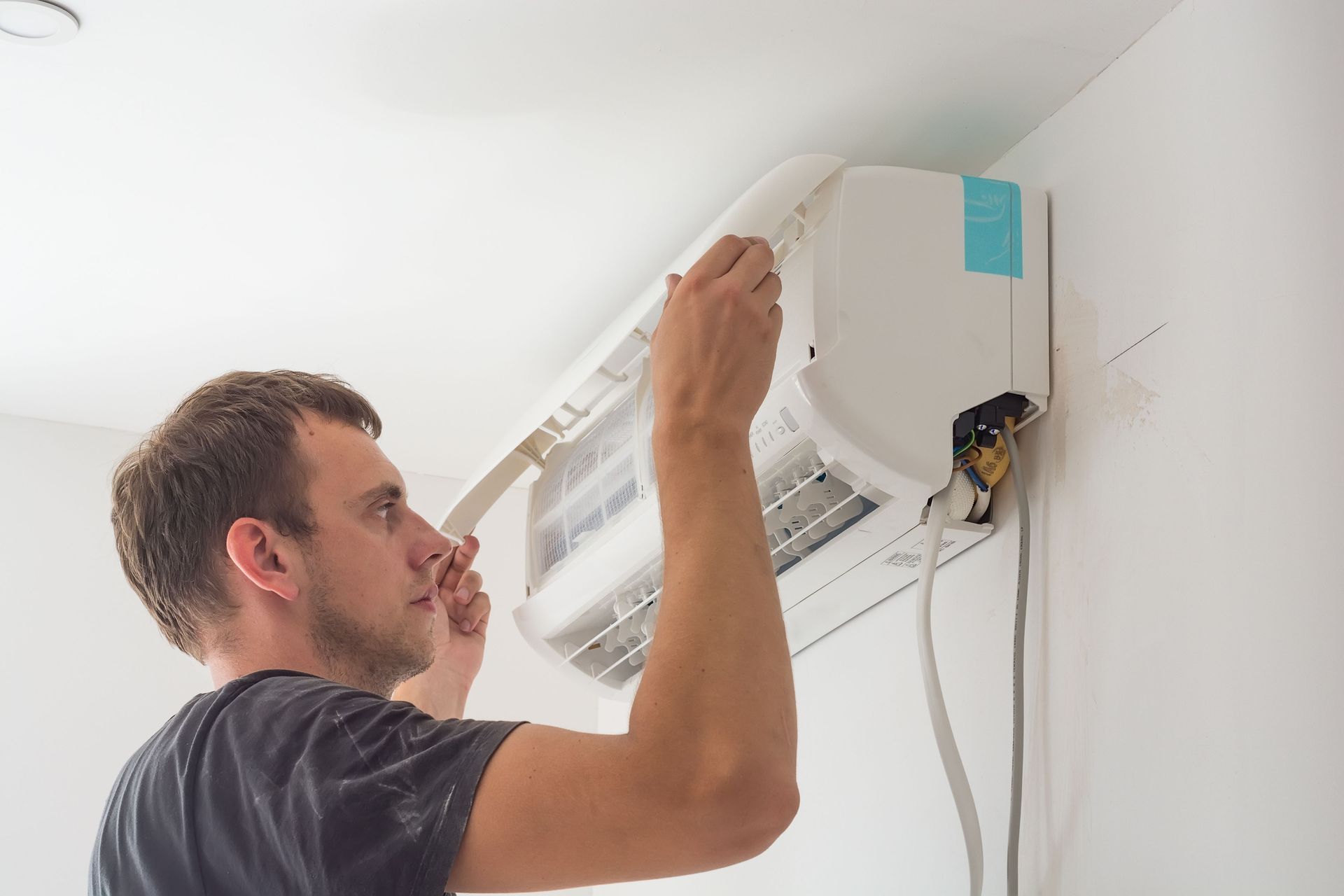
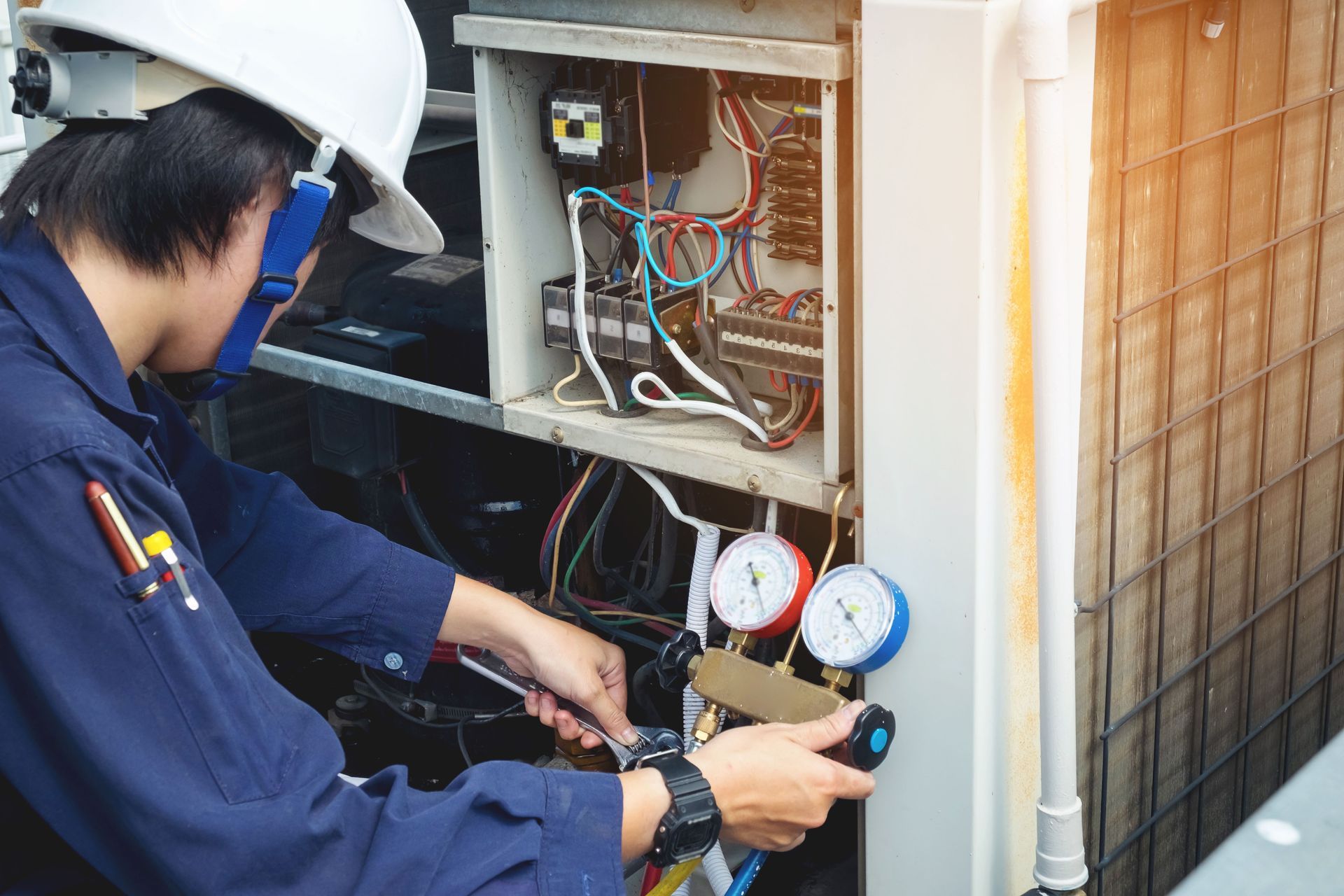
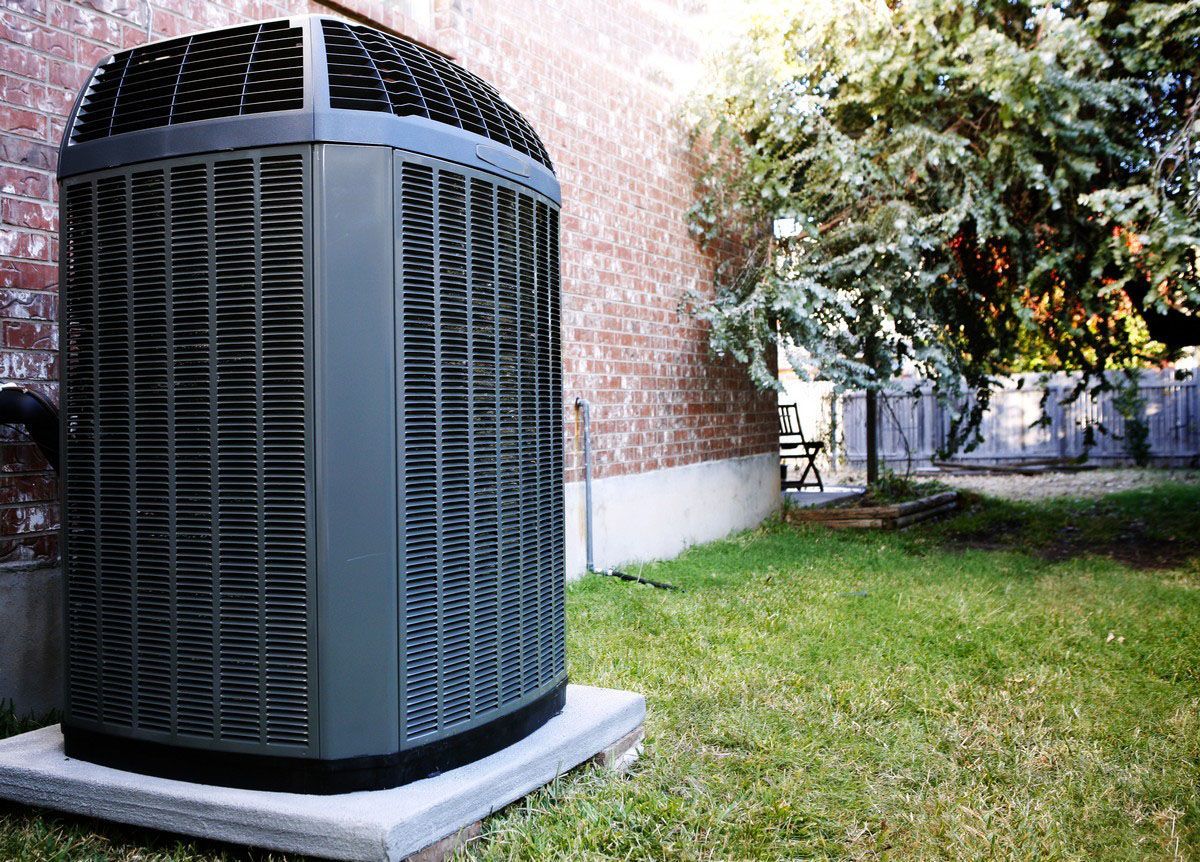
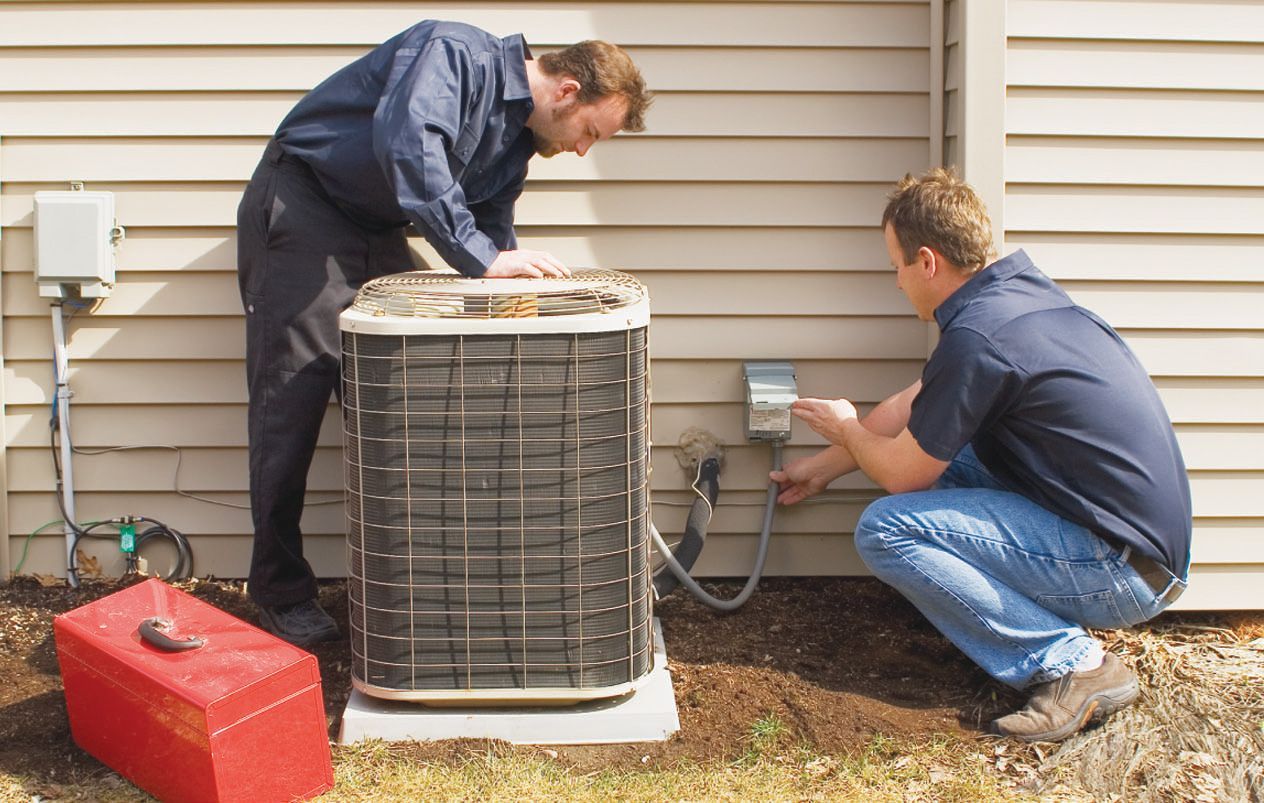
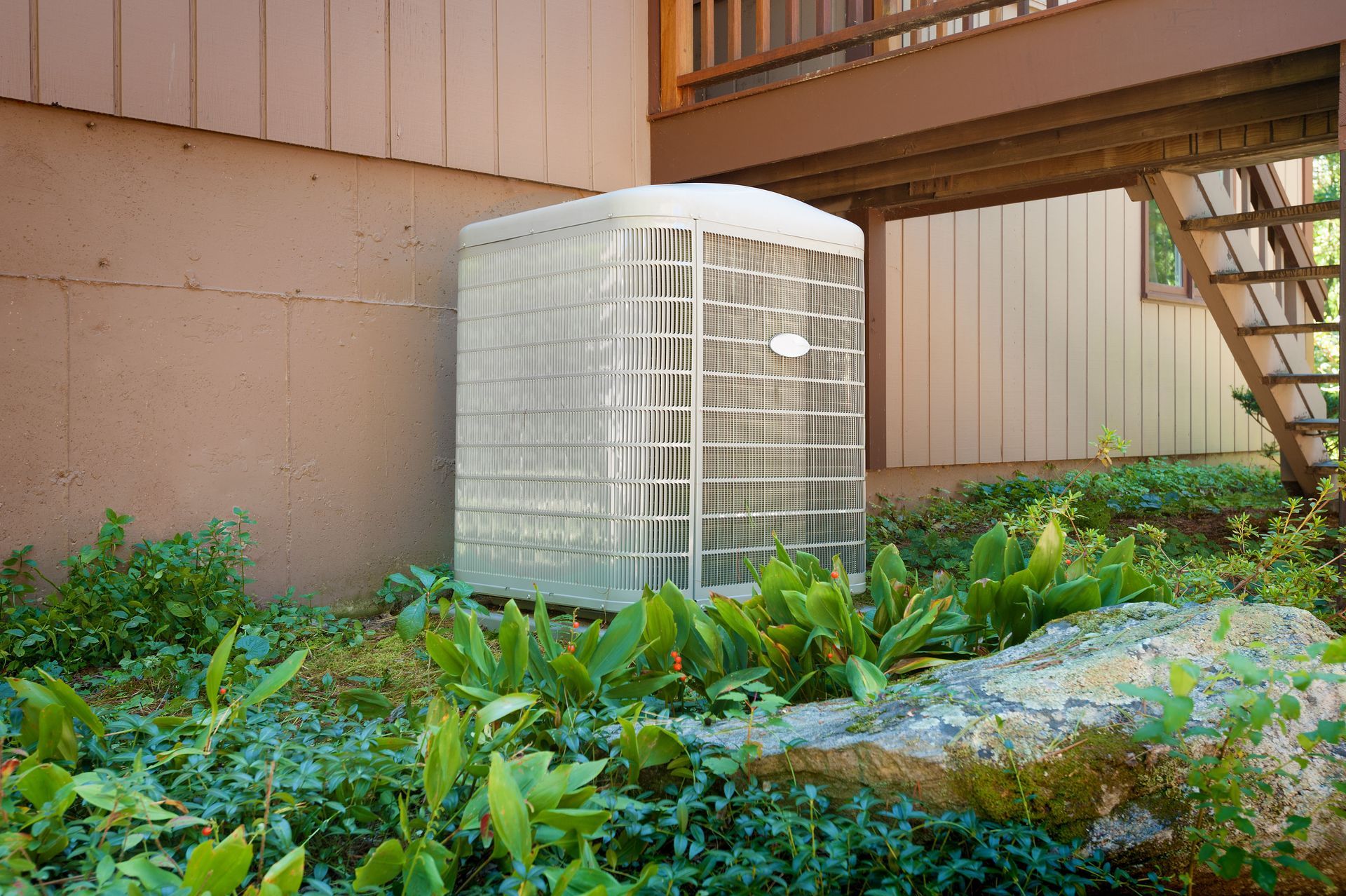


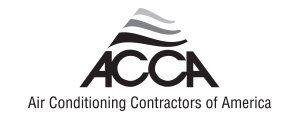
Share On: